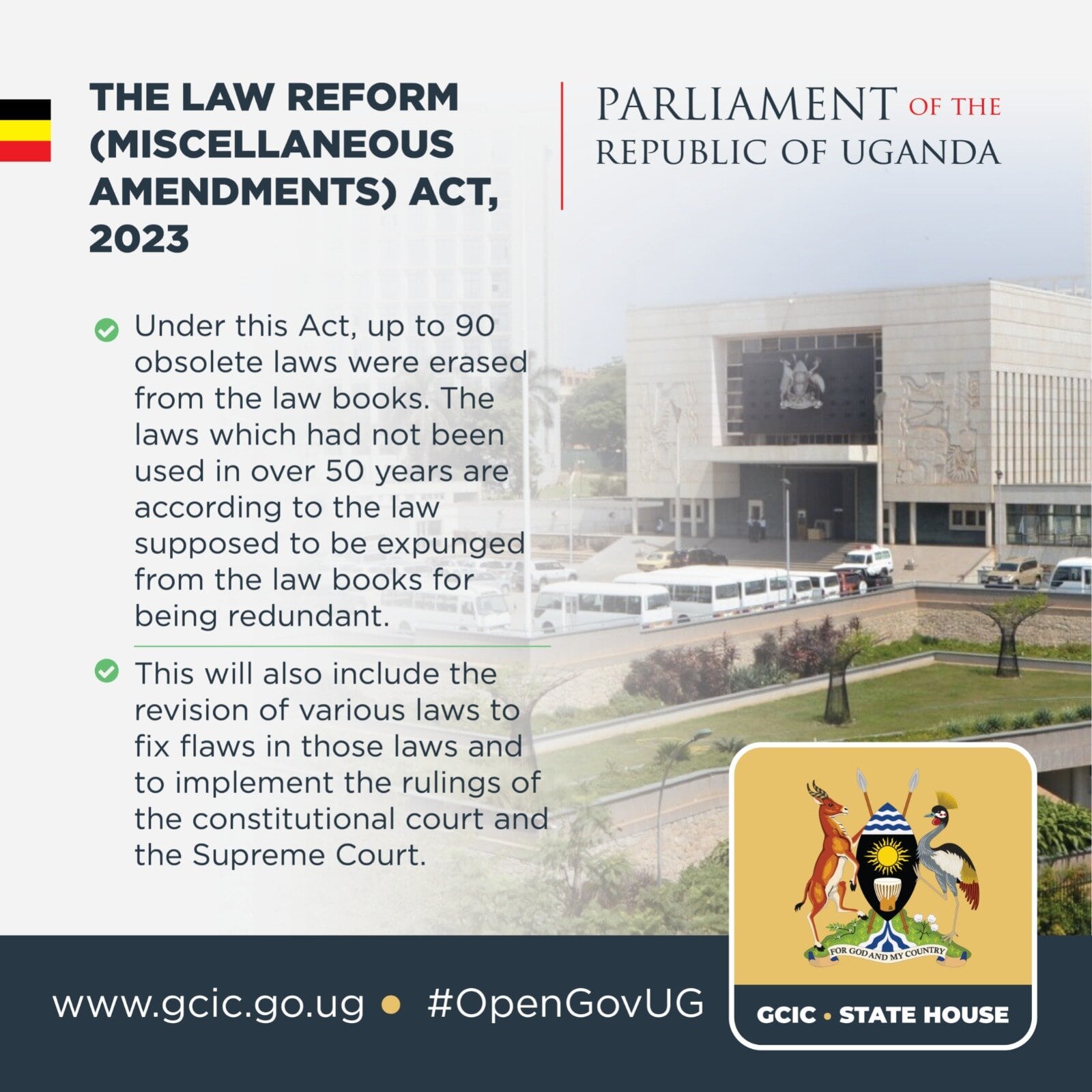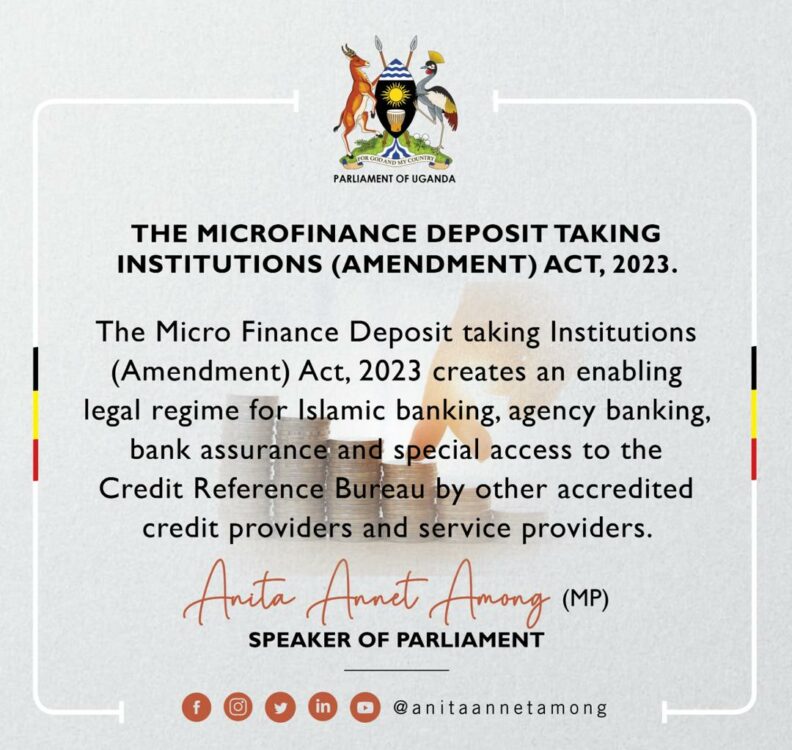Regulation of Crypto Assets in Uganda
January 20, 2023
THE CAPITAL MARKETS AUTHORITY HAS RESIDUAL JURISDICTION TO REGULATE CRYPTO ASSETS IN UGANDA
The mandate to regulate is a creature of statue and cannot be implied or assumed by executive orders or pronouncements. Crypto currencies are a known asset class for both individual and institutional investors in the securities market. Several exchanges in the world have been granted licenses to trade crypto assets these include Binance, ProShares on the New York Stock Exchange among others.
In the bid to protect the interests of investors; proactive capital market regulators have moved in to regulate crypto currencies companies as issuers of securities. A case in point is, the Capital Markets Authority (Kenya), FINMA (Switzerland), Securities Exchange Commission (USA), Financial Conduct Authority (UK), Autorit des marchs financiers (France) etc.
The safest regulatory approach to crypto currencies includes; approving of entities that issue and trade crypto assets and mandatory registration of virtual asset service providers under the Anti Money laundering laws. Many crypto currencies service providers have been registered as virtual asset service providers under the Financial Intelligence Authority in compliance with Anti Money Laundering Act.
Crypto currencies are securities which fall under the mandate and regulation of Capital Markets Authority in accordance with section 1 of the CMA Act. The decision of Bank of Uganda, to admit crypto currency entities in its payment systems regulatory sandbox is not legally tenable because the appropriate regulatory body is the Capital Markets Authority.
According to Nakamotos white paper (2008), crypto currencies were created to achieve a decentralized electronic cash system managed peer to peer without intervention of a regulator. It was wrong to assume that that you can have such an impact on the financial sector without government regulation.
According to World Bank, in 2018 Seventeen Million Bitcoins had been created with an aggregated value of USD 138,000,000. To-date, market capitalization for crypto assets stands at $ 1 trillion. In May this year, JP Morgan published a report to the effect that Bitcoin was undervalued by 28% and recommended it as an asset class.
With all those positive developments, why is Uganda reluctant to adopt the now known regulatory approach to crypto currencies?
Part of the problem is strategy in the Nakamoto’s white paper. The idea that you can part take in the financial sector without regulation is and was moot. This is because of the intricate nature of the financial sector where all matters must be scrutinized, monitored and vetted for better economic planning or taxation.
On 1st October 2019, Ministry of Finance Planning and Economic Development issued a public notice confirming that crypto currencies are digital assets but were not regulated in Uganda.
This year, the central bank issued a statement stopping all licensees under the National Payment Systems Act from facilitating trade in crypto currencies. After a few months, the same entity changed goal posts and instead advised crypto currencies entities to join its regulatory sandbox.
Therefore, BOU & the Ministry of Finances agenda on crypto currencies is contradicting and inconsistent. The two alpha financial controllers are on a trial-and-error strategy which is a self-destruction mission.
In times of uncertainty, subjectivity and grave inconsistences between individuals and government entities, the law has been trusted to always provide the golden standard.
Any person who desires to participate in the financial sector must submit to regulation. Fortunately, Crypto-assets service providers through the Blockchian Association of Uganda have, on several occasions, expressed interest in being regulated.
Unfortunately, government agencies including Bank of Uganda, Capital Markets Authority have maintained that there is no law to support such regulation. This illegal, unconstitutional and unfair to the crypto-asset service providers.
The governments approach to crypto-currency violates the right to development and its role to develop this country. Under objective IX of the constitution, government is mandated to encourage private initiatives in order to achieve equitable development. It is also the role of government under objective XI of the Constitution to regulate acquisition of all kinds of property in order to achieve social justice.
The definition of securities under section 1 of the CMA act is wide enough to include financial instruments, options, futures, and investment contracts provided they are managed collectively on behalf of the 3rd parties for profit or interest.
In Wiseman Talent Ventures Vs Capital Markets Authority of Kenya (2019) eKalr, Justice M.W. Muigai, while faced with a critical issue on whether crypto currencies were regulated in Kenya had this to say:
On the other hand I agree with the Respondent that the absence of a specific regime does not ouster jurisdiction of the general regime of law as exemplified by the cited provisions of Capital Markets Act and the application of the Howey test outlined above. The interpretation of cryptocurrency as a security is because it is a scheme that involves an investment of money in a common enterprise with profits to come solely from efforts of others as illustrated by Howey test.
He added that: …therefore, cryptocurrency is either outlawed or regulated in some form in various countries. The Defendant has residual jurisdiction as per Section 2 & 11 of Capital Markets Act to regulate crypto currencies as securities.
Admission of crypto-currency service providers under the BOU regulatory sandbox is not legally tenable because the proper entity to regulate them is the Capital Markets Authority. CMA and other regulatory entities should exercise their mandate under the law in order to enhance development.
I, therefore call upon CMA to establish a regulatory sandbox to entertain these innovations rather than avoiding them.




